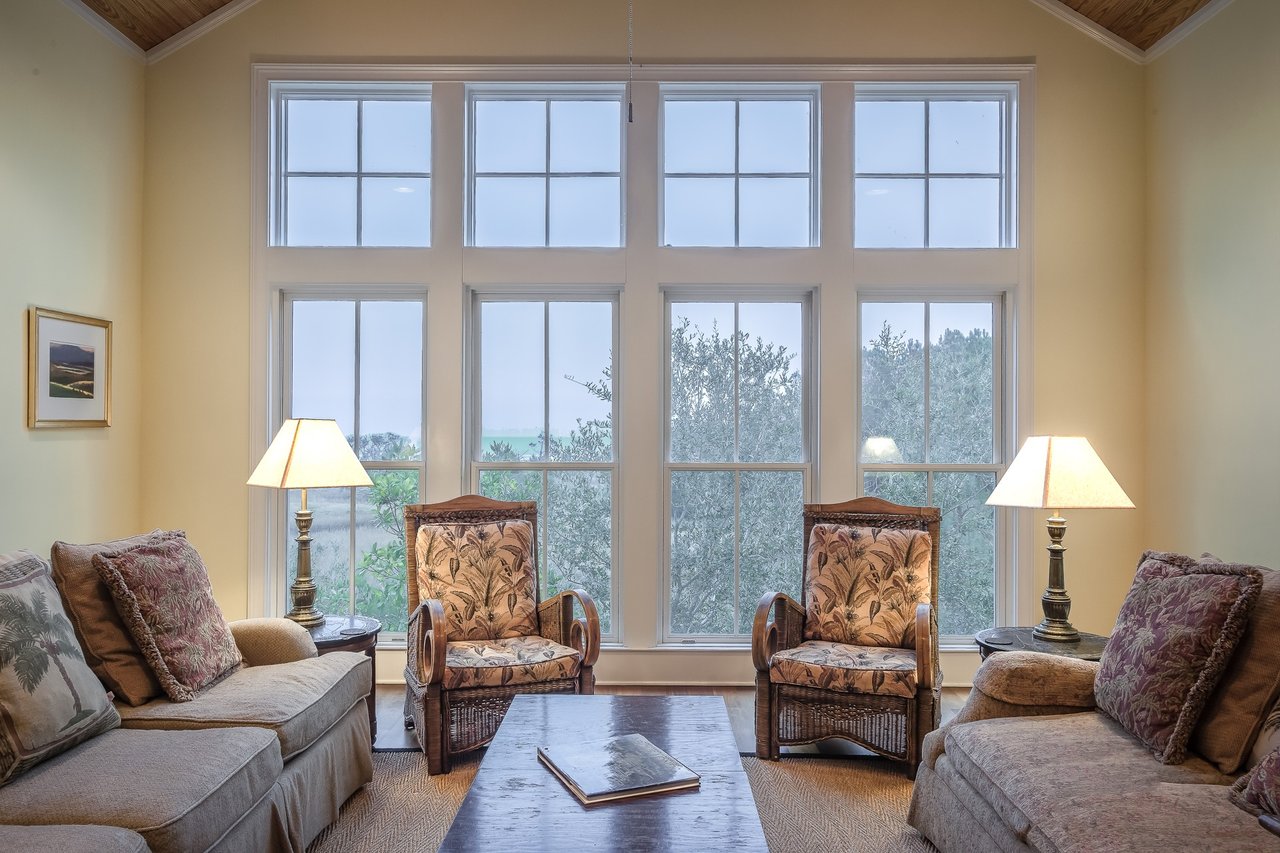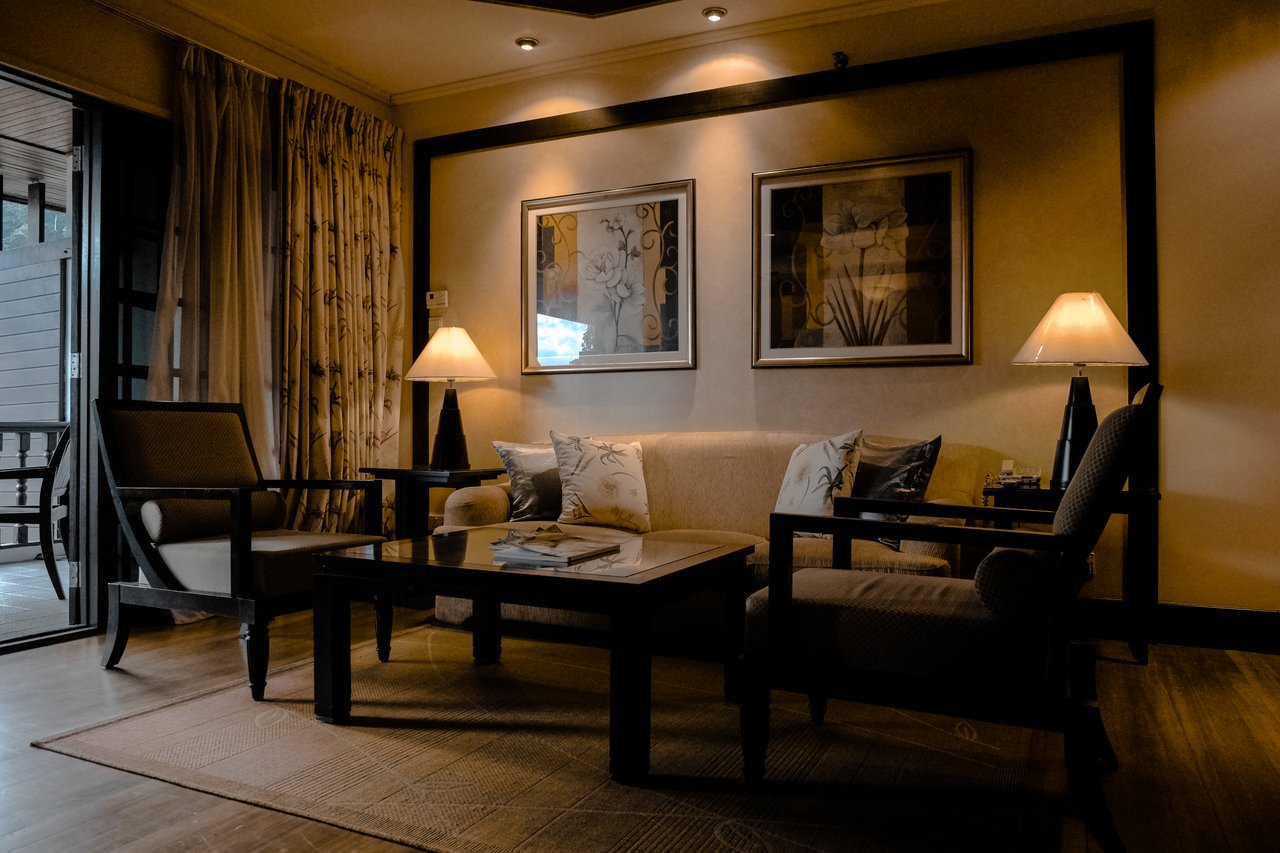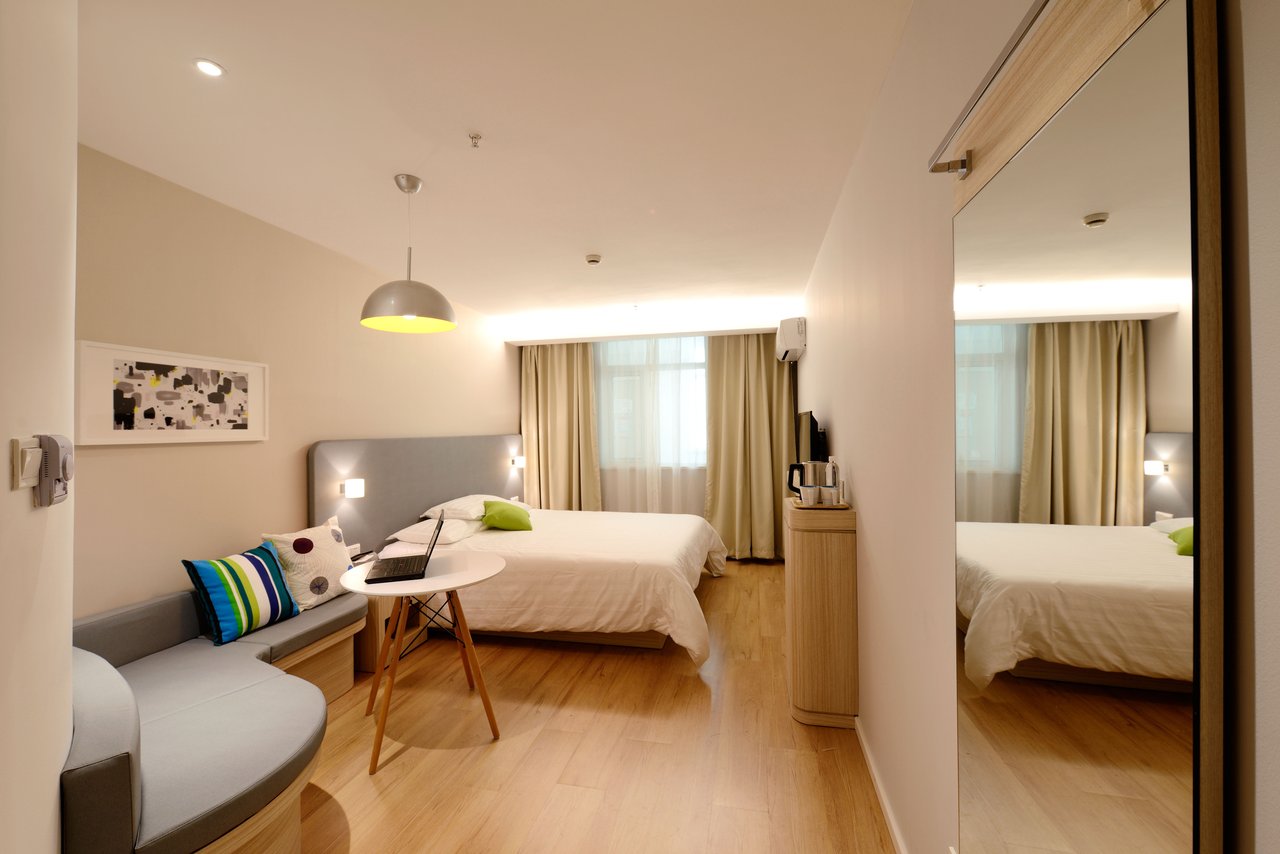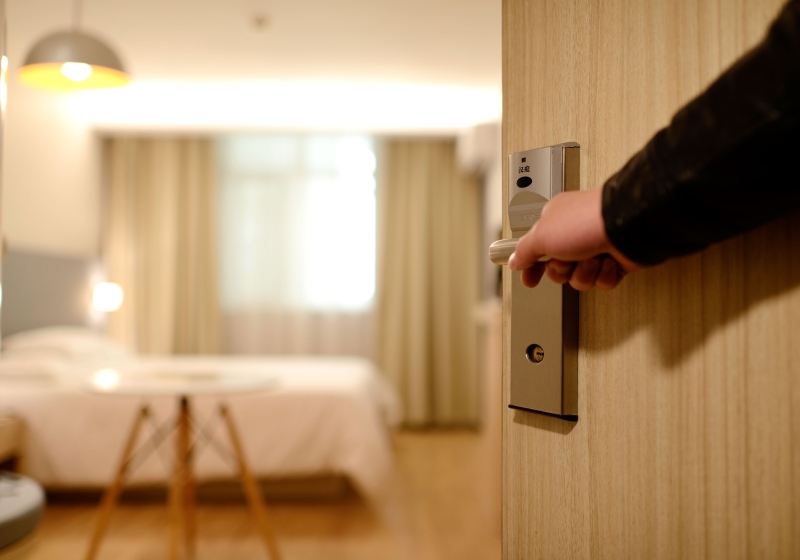Six Sigma in Hospitality
Improve Your Service Quality

Six Sigma in Hospitality seemed like a far-fetched call in the 1990s and in early 2000s. Hospitality sector is one of the most service oriented and service focused industry, with lots of intangibles and very few tangibles.
Six Sigma historically started from the manufacturing, therefore for quite some time, the perception continued to label Six Sigma with manufacturing. But it did not take very long when the Six Sigma experts started introducing the Six sigma in other service industries as well. Lean Management was already in place in the service industry much before the Lean Six Sigma. Therefore, the role of Lean Six Sigma made even a better sense in the service industry which now includes banking, consulting, hospitality, law, medicine, hospitals and many more.
Role of Six Sigma in Hospitality

Six Sigma particularly in hospitality can play a very vital
role to help improve the customer service quality as well as the back-end
operations in any hotel of any size. It should be simply understood first that the
Six Sigma is basically a business and process improvement art & science that
provides very robust problem solving methods.
One the most leading case studies which helped to change the perception was the implementation of Six Sigma in Starwood Hotel & Resort back in 2001 in the USA. According to some estimates it helped the hotel to save about 100 million USD dollars a year in cost savings. So even if the Six Sigma project took one whole year with 50 team of experts costing 10 million US dollars of investment, I guess, at the culmination of the project, it gave back about 10 times of Return on Investment (ROI).
Low Hanging Fruit

Hospitality sector has many visible processes and many
invisible processes. The processes of guests’ check-ins and guest check-outs, the
room services, house-keeping and cleaning, and timely deliveries are some of the
processes which are directly affected to the guests’ experiences in the hotel.
The low hanging fruits of Six sigma in hospitality can easily aim for these visible and tangible processes, that will help to increase the customers’ satisfaction, loyalty and repeat bookings in the future.
However, at the same time, Six Sigma can also address some of the backend processes as well which are not very visible on the front-end that includes, hiring the right staff for the right job, inventory management at the backend, accounting, sales and marketing as well as food & beverages.
Before You Take a Start

Before taking the Six Sigma implementation decision for the hospitality
sector, it is also important for the hoteliers that they should understand and
believe in the concept and philosophy of ‘Six Sigma’. The reason that why many
hotels in hospitality sector have not taken much of the advantage with this Six
Sigma business improvement method is also because of the lack pf proper awareness
and belief. But another important aspect as per my experience is also the lack
of trust and belief in committing the financial resources.
Nothing in this world gets done without the investment of time and money. Many hotels big, medium and small, they usually operate on tighter profit margins i.e. hardly 10 - 15%, they keep on cutting unnecessary initiatives which they don’t believe in. But on the other hand, perhaps cutting back on the implementation of Six Sigma in hospitality may prove to be one of the most un-profitable decisions in the long term since Six Sigma could only help them get better, bigger and faster results to reach the ultimate goal of more profits and/ or more savings for the hotel.
Quality Management in Hospitality

Quality management in general has many tools and methods in its arsenal to select from for any business and industry which may include ISO, TQM, Kaizen 5S and more. Certainly, the Six Sigma may have its own place in every organization whether it is small, medium and large. I tend to agree that initially it seems like incurring more cost without any tangible results, but only if the planning is right and meticulous and you have the right Six Sigma experts on board, then I guess the implementation of Six Sigma in Hospitality can reap much higher fruits for the hoteliers and owners.